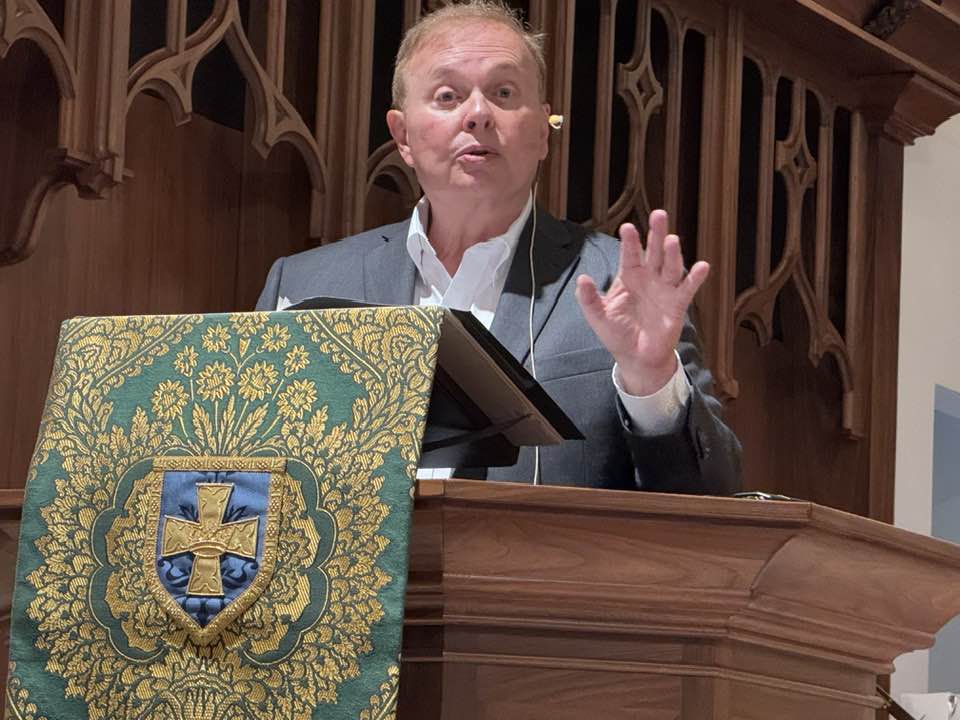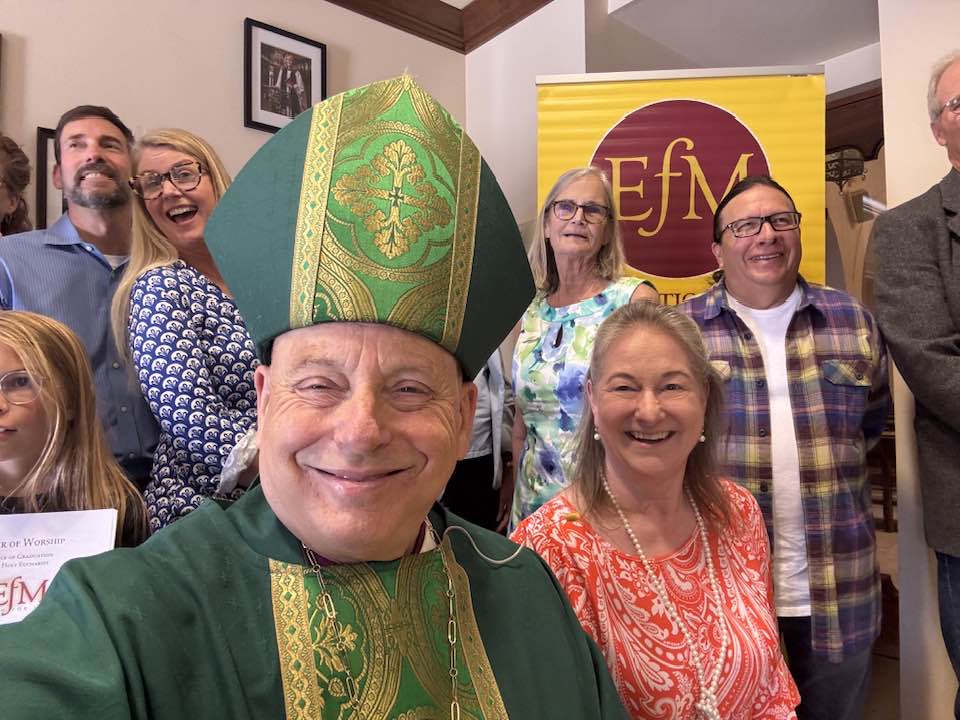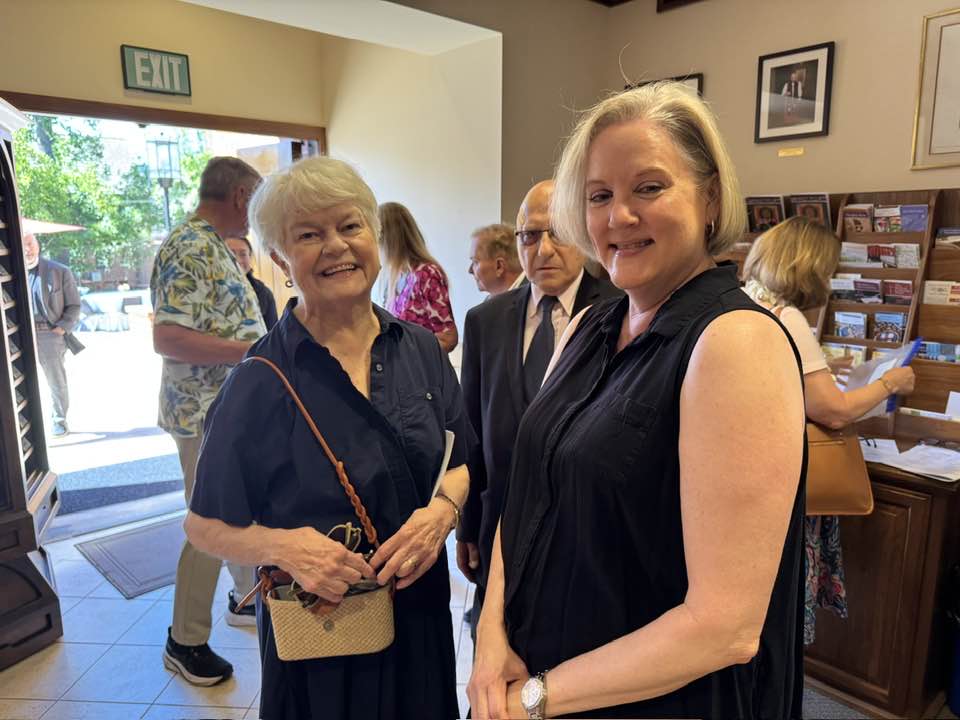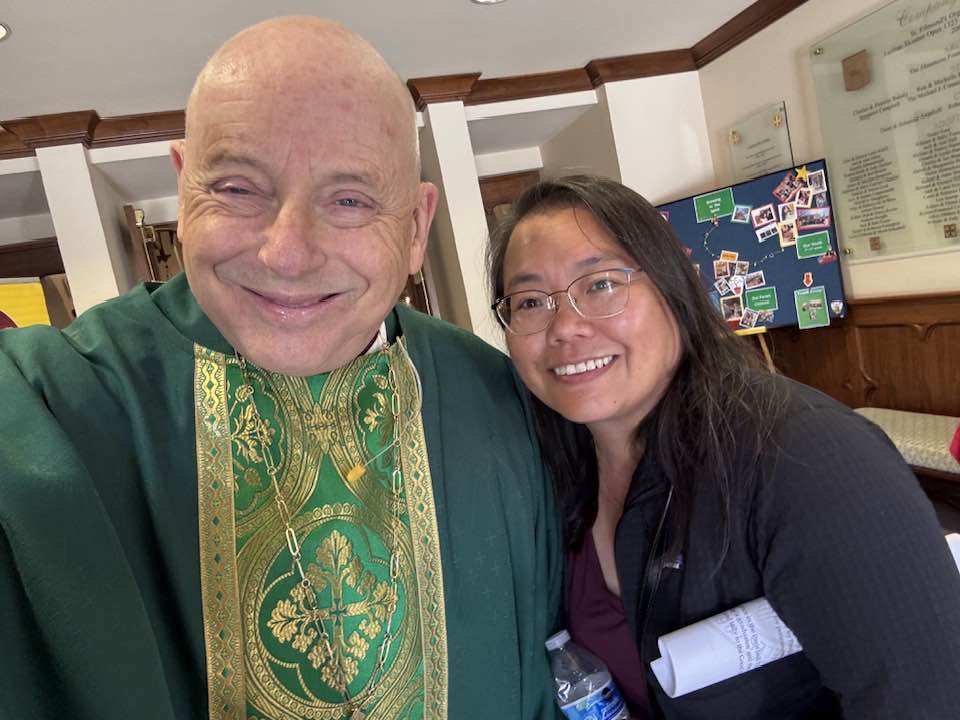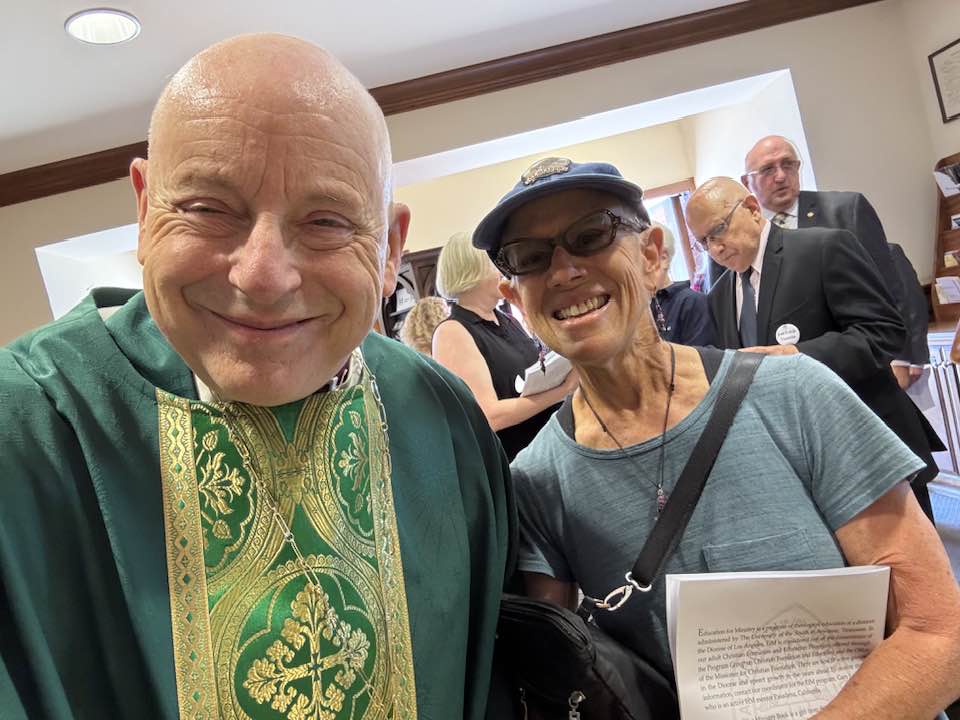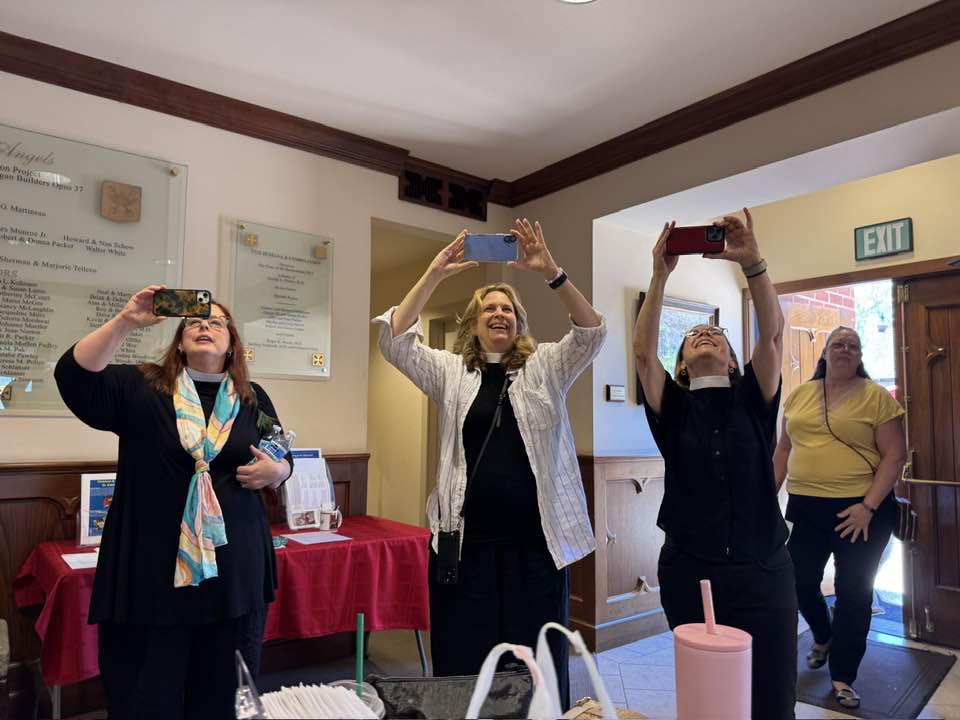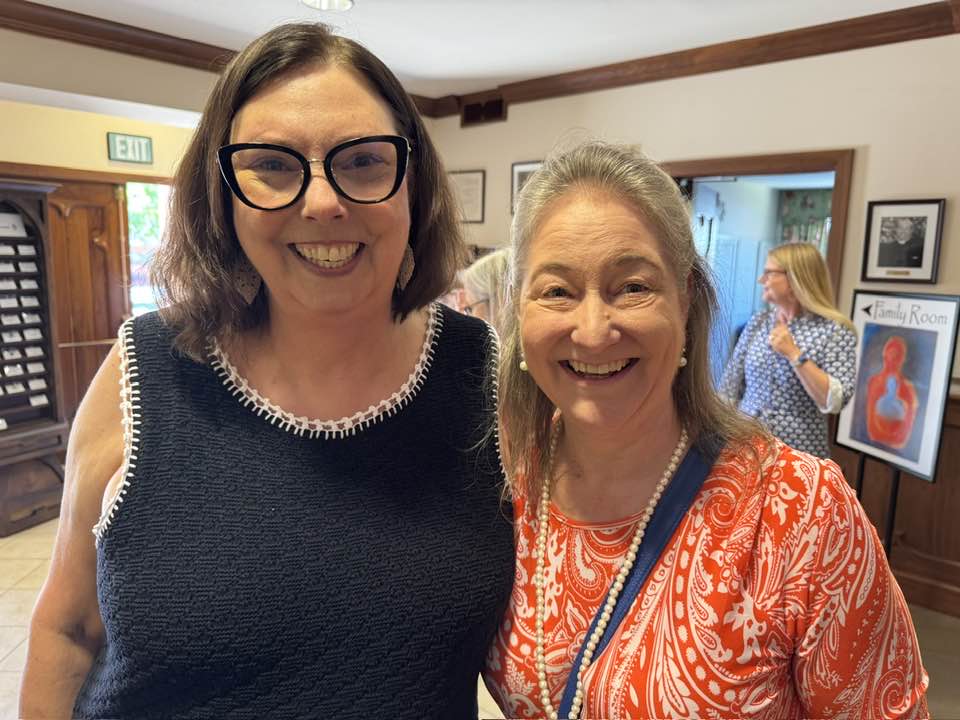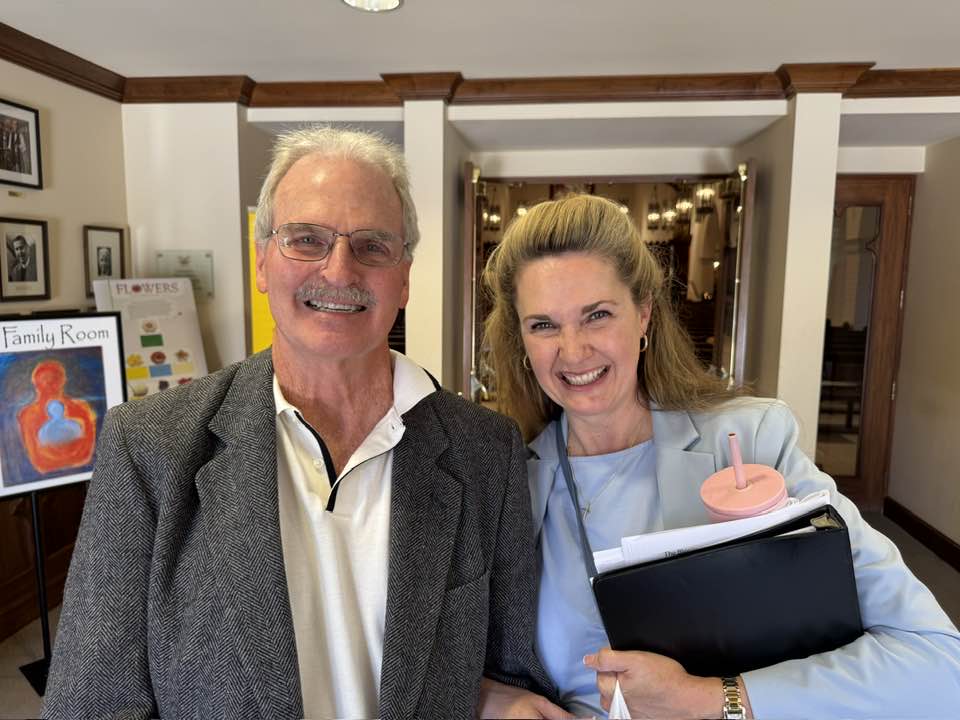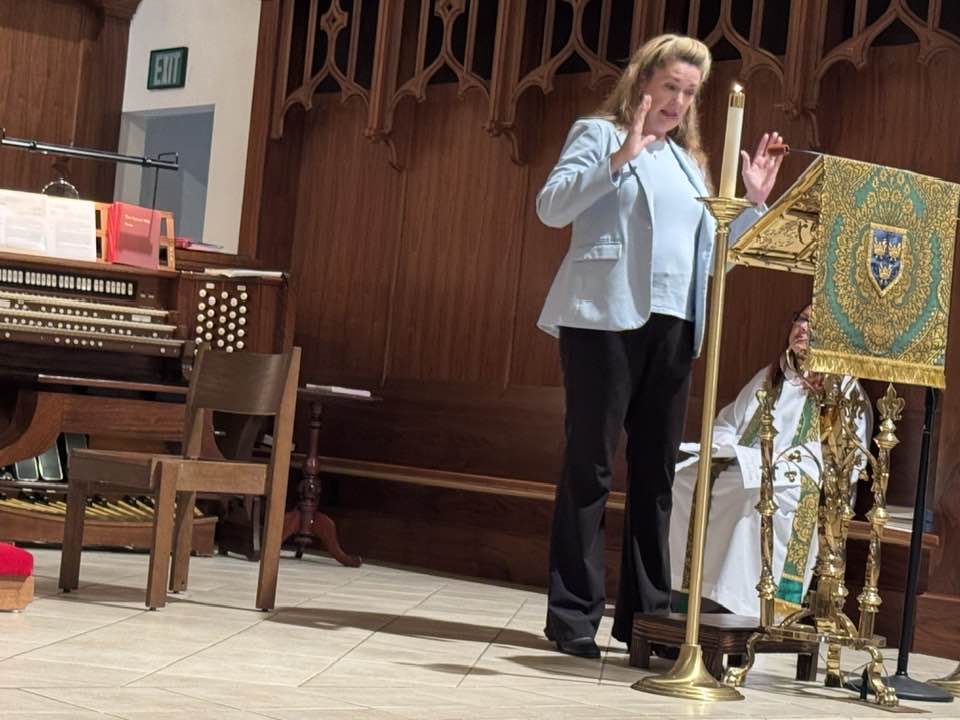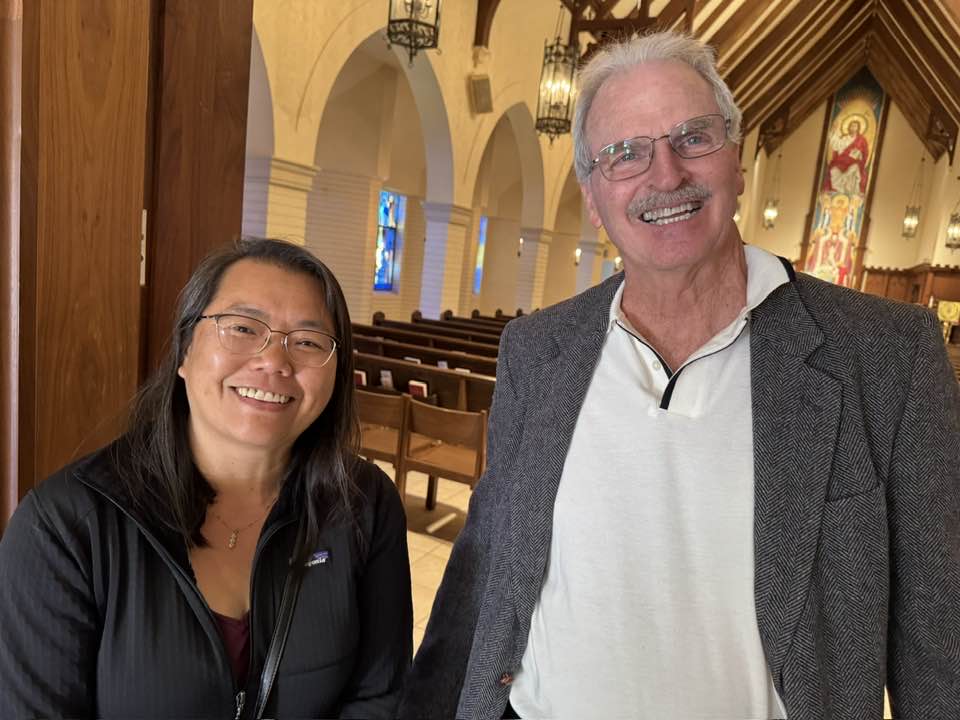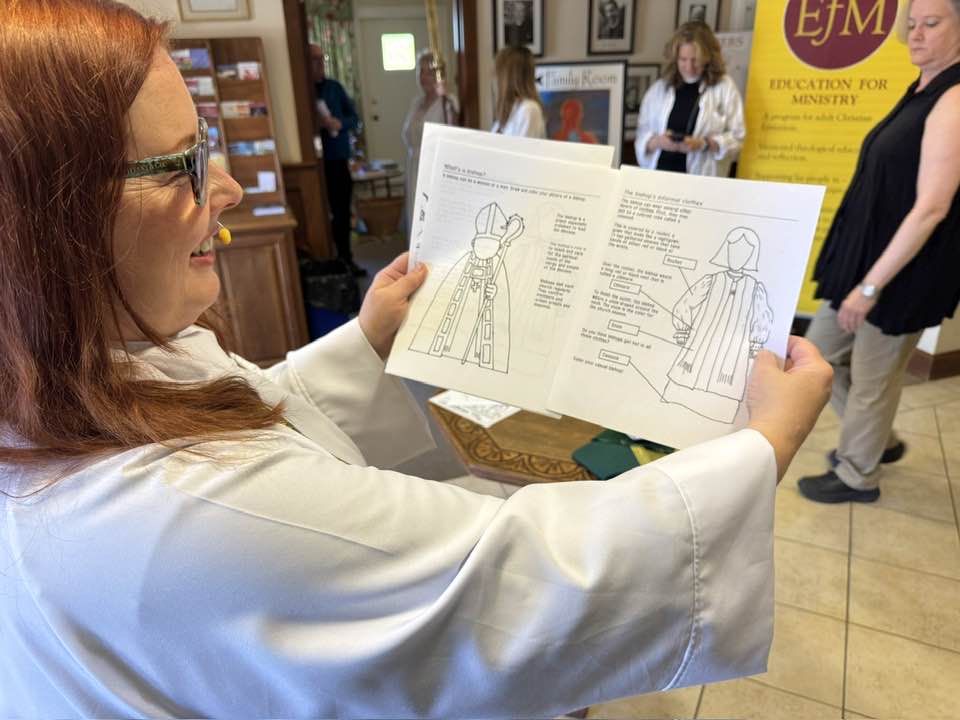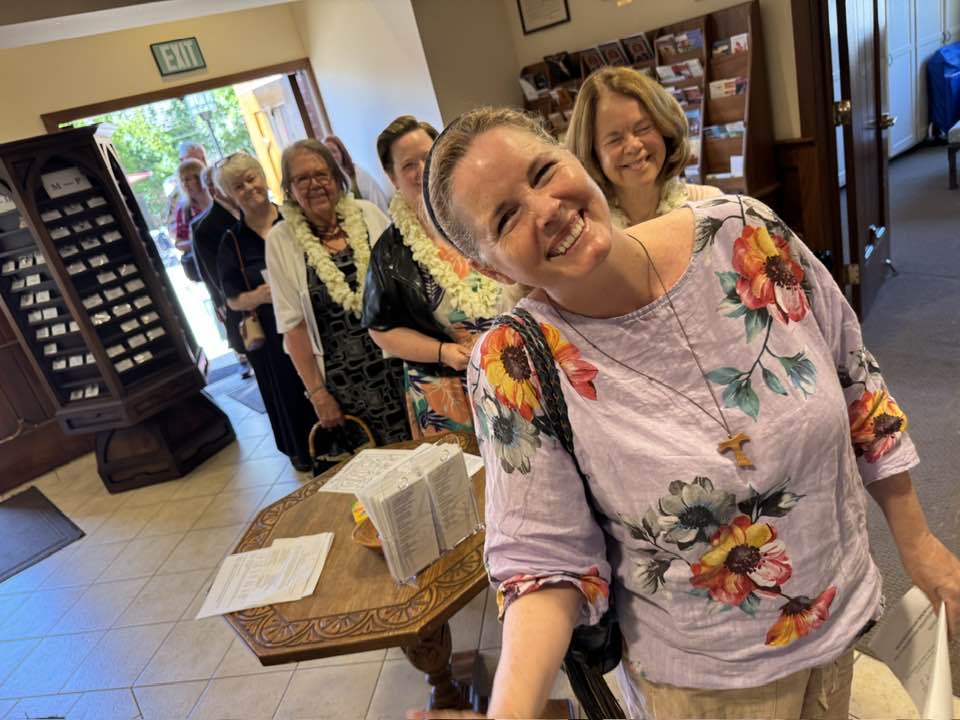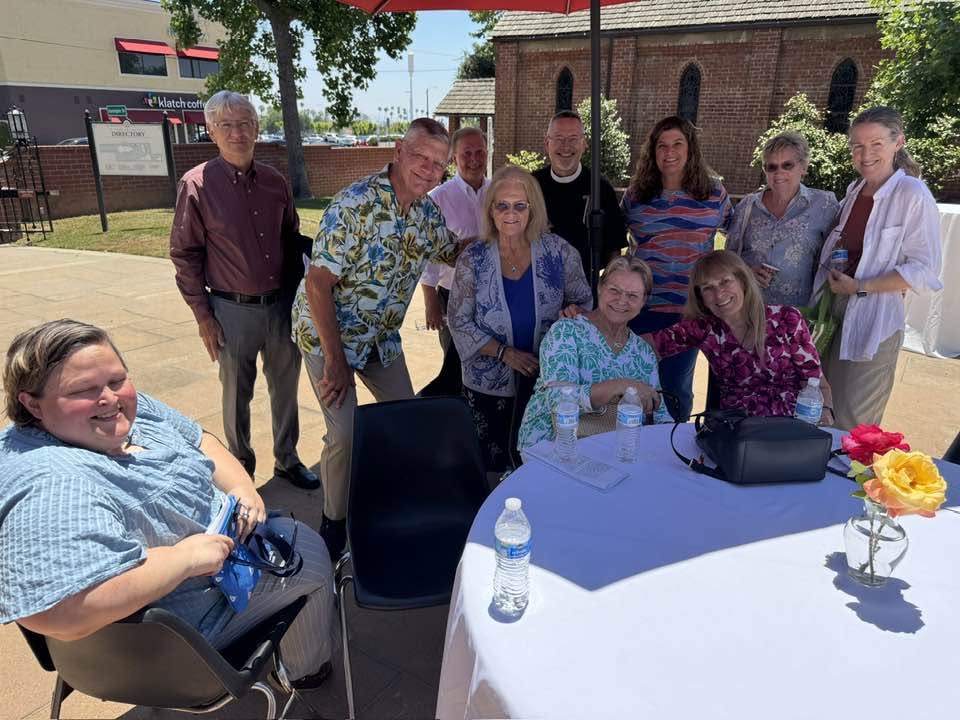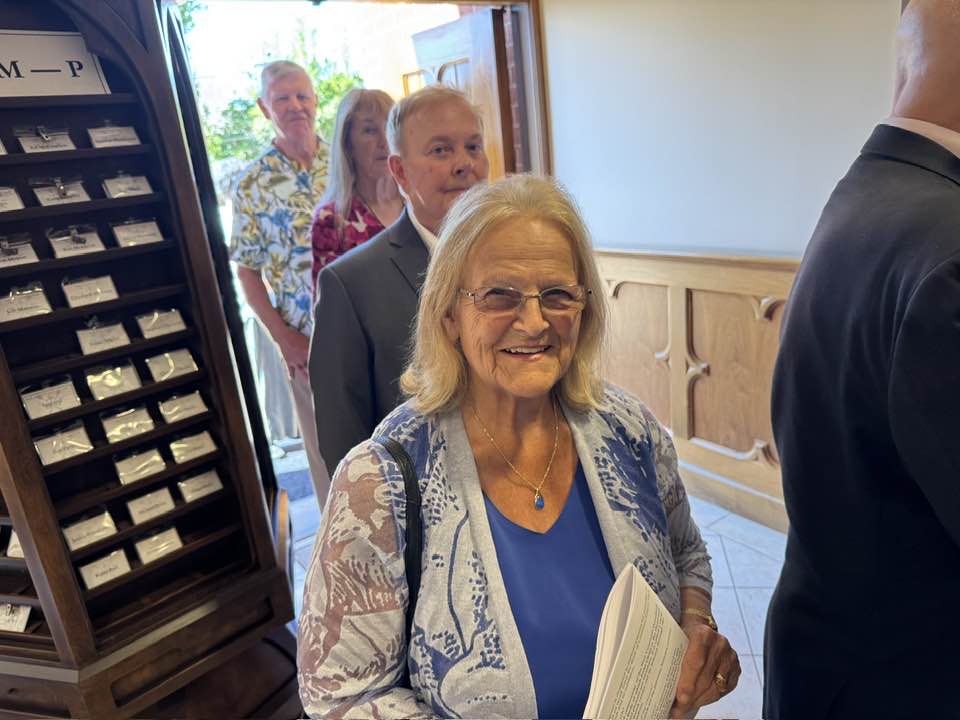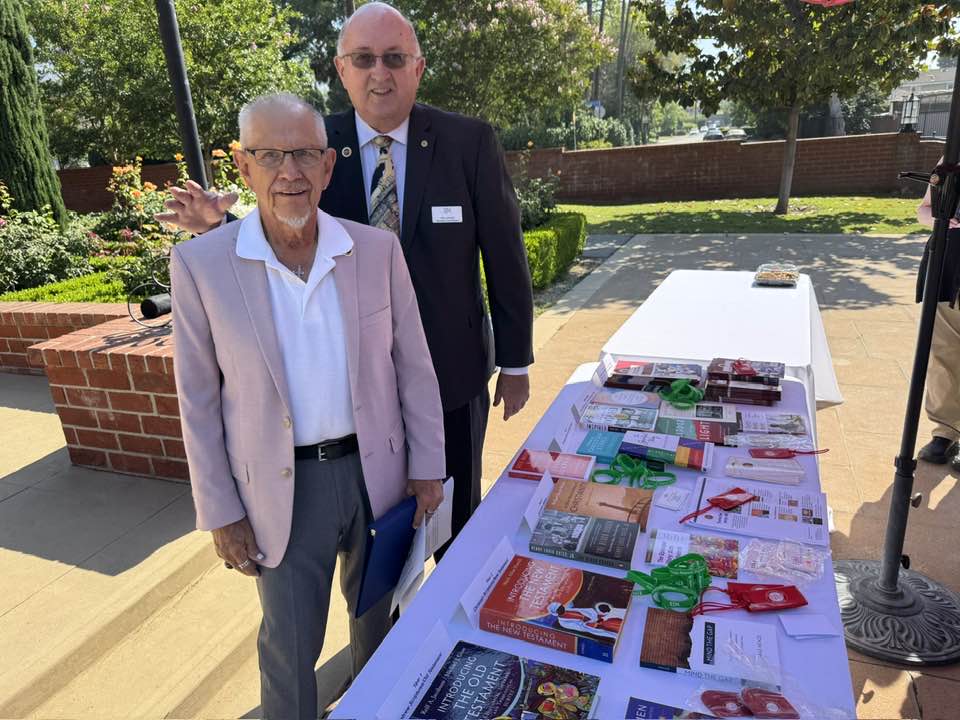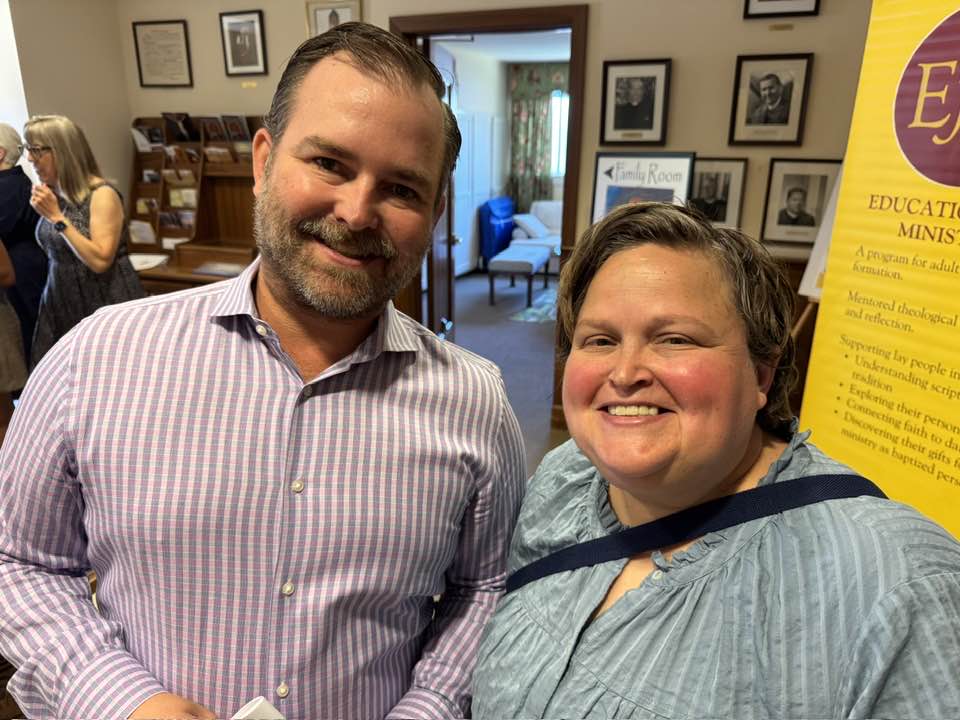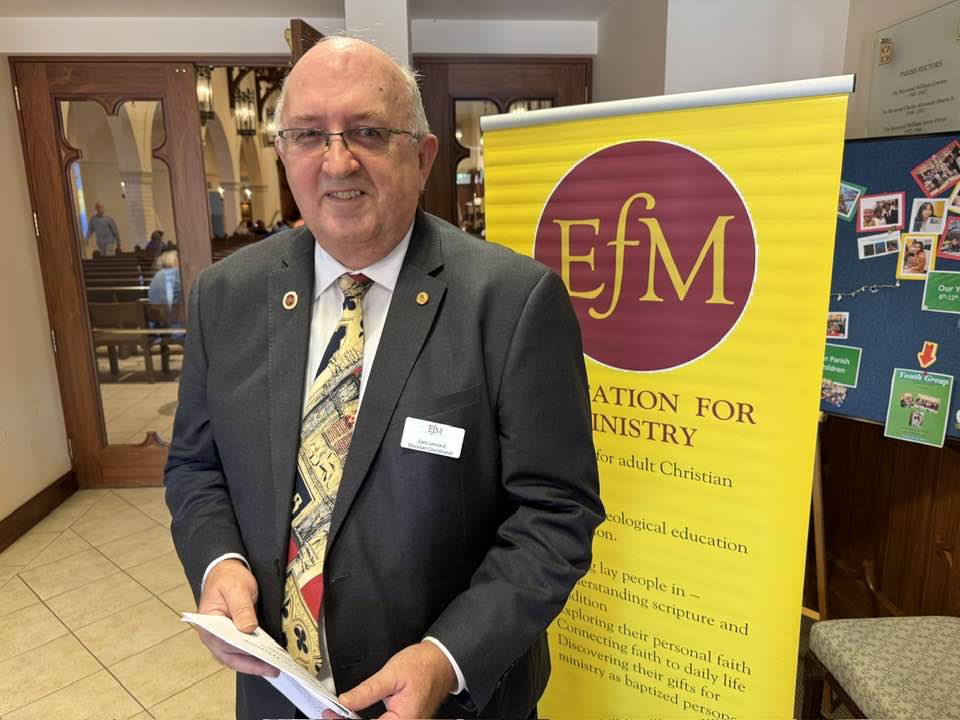
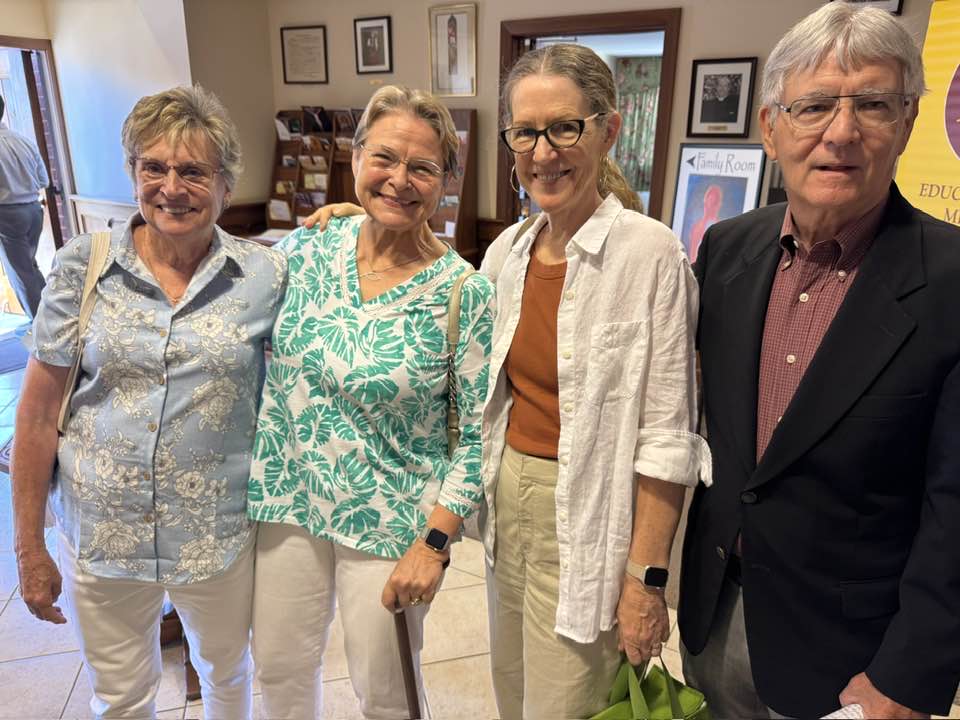
Committing ourselves to godly relationships with self, family, and community is relatively easy. The last two are harder, because they entail sacrifice for the sake of those we don’t know and the inherent difficulty of talking in church about politics and policy. Some say there’s no place in church for politics. But there always is, since the failure to acknowledge them amounts to a stance in favor of privilege and the status quo.
As the church has changed over the last 50 years, we’ve learned that it can only go so far as a purely social organization, a place where people feel at home and welcomed. Church should of course be this, for these values’ own sake but also as a baseline for the more difficult steps of outreach to at-risk strangers and advocacy in the public square for God’s justice and righteousness.
We’ve also learned that theological education for the laity is essential for these last two steps. For most of its existence, the church has tended to construe theological education as vocational training for the ordained orders. Thanks to the prophetic founders of EfM Education for Ministry and other pioneers, including at Bloy House, The Episcopal Theological School at Los Angeles, all orders now have access to our best understanding of our biblical canon and church traditions. Because these are not just items for the cleric’s toolbox. For all the people of God, for all creation, they contain all things necessary for salvation.
[This post is based on my welcoming remarks at our annual EfM Education for Ministry in Greater Los Angeles graduation on Saturday. We honored 24 graduates from 11 missions and parishes and an online cohort. Our stirring preachers were Kendra Leah Carman of St. Cross Episcopal Church in Hermosa Beach and Rick Anderson of St John Chrysostom Church in Rancho Santa Margarita. With abundant thanks to Gary Leonard, Episcopal Diocese of Los Angeles EFM coordinator for nine years and counting; liturgist Wayne Kempe; and the Revs. Jenifer Chatfield and Susanne Wright-Nava of St. Edmund’s Episcopal Church in San Marino, our host this year.]
